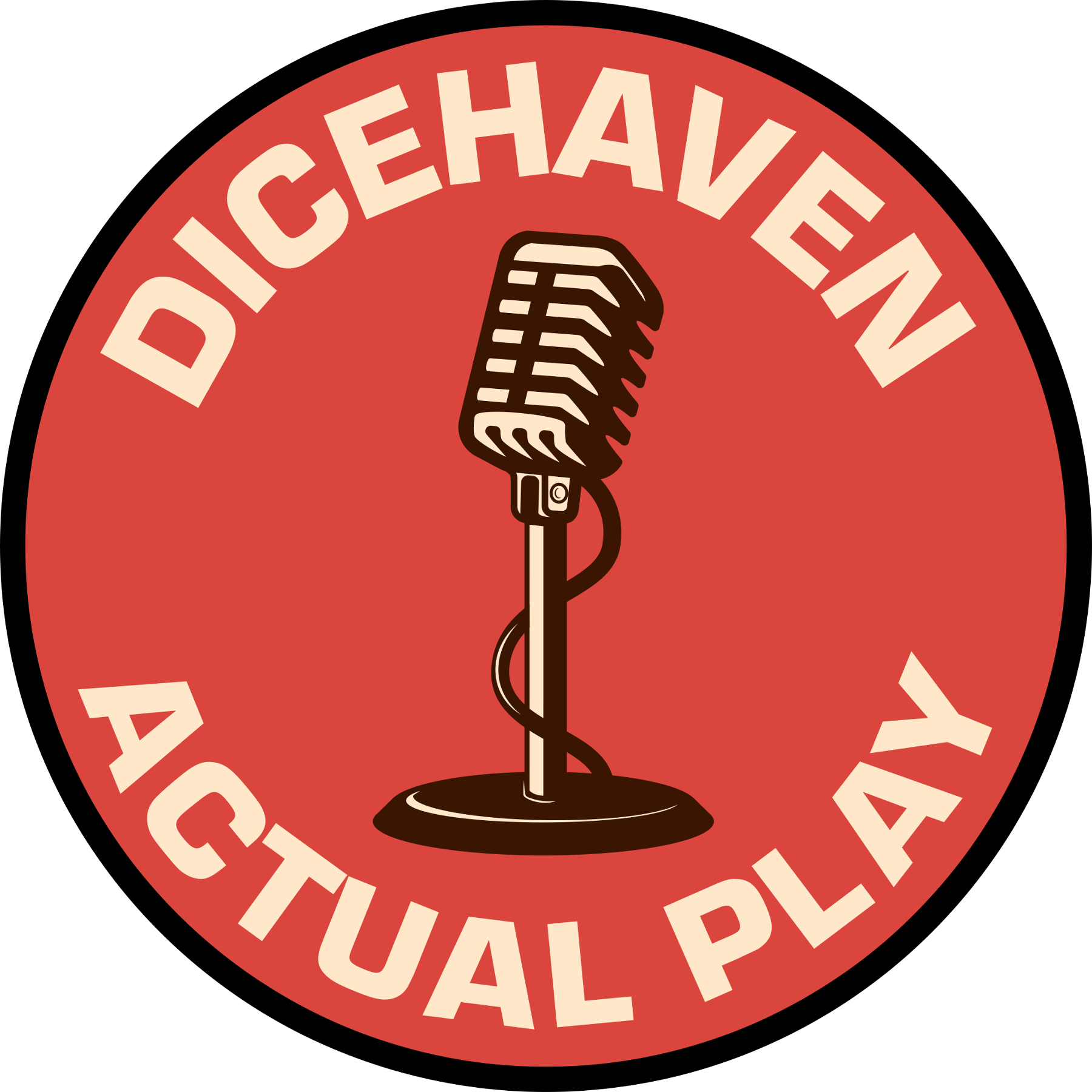Author Mark Jeffrey is using a free, fully-produced MP3 audiobook performance online to promote book sales. The Pocket and the Pendant is read by the author and accompanied by soundtrack music by composer Bjorn Lynne (www.lynnemusic.com).
Mark Jeffrey, together with scifi/fantasy website DragonPage.com, has so far released five chapters of his book, with nine more to go. The free podcast is available from DragonPage.com, PodcastAlley.com, and the book’s website at PocketandPendant.com.
Podcasting is a new technology, similar to blogging three years ago. Here is an overview of podcasting: www.dragonpage.com/podcast.html.
Says Jeffrey:
There really aren’t a lot of free MP3 audiobooks out there, which really surprises me. It’s a great way to promote paperback and hardback novels, as well as give your existing audience a new way to experience the book.
Asked if he thought he was cannibalizing sales, Jeffrey said:
Absolutely not. We’re already seeing thousands of downloads each week, and new listeners are emailing me that they are purchasing paperback copies on Amazon as a direct result of listening to the podcasts.
DragonPage.com is currently featuring three free podcast audiobooks, or ‘podiobooks’: “Morevi” by Tee Morris, “Earthcore” by Scott Sigler and “The Pocket and the Pendant” by Mark Jeffrey. New episodes for each – usually a chapter or two – are released each week. Subscribers use popular ‘podcatchers’ such as iPodder or other applications to get the new audio content delivered to them automatically.
Jeffrey says:
Podcasting is an amazing thing. It’s like TiVo for audio.







Recent Comments